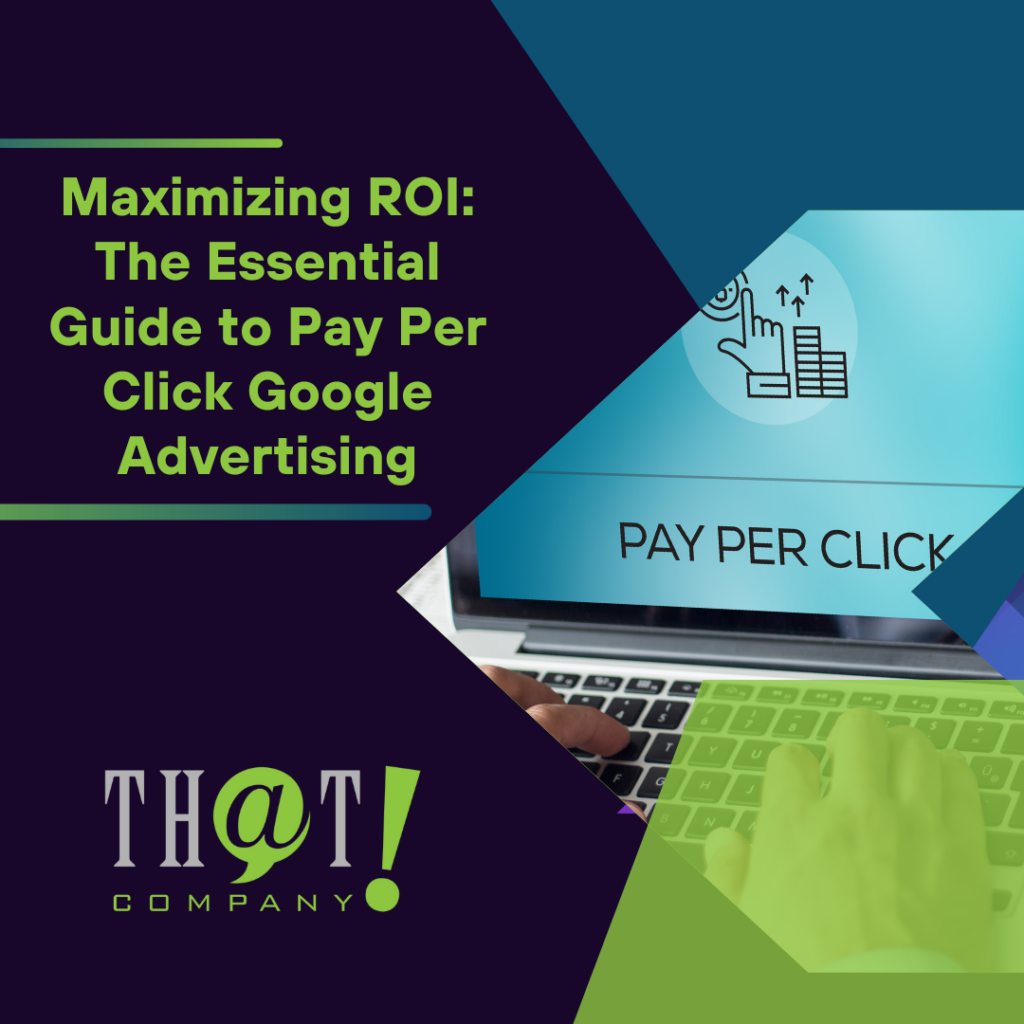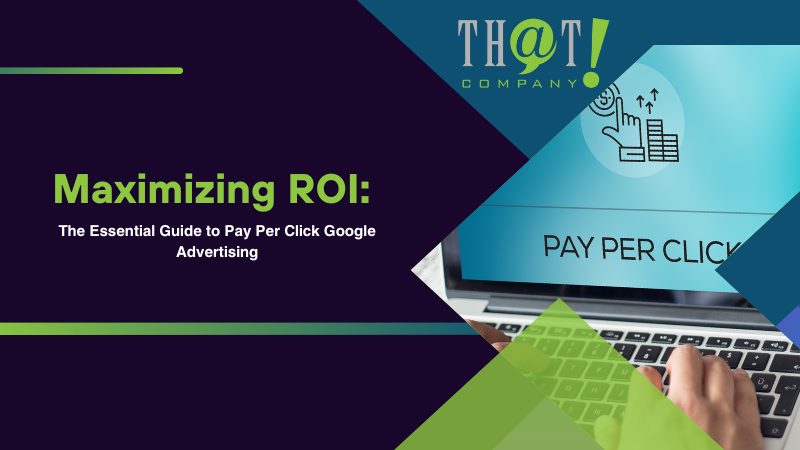
How can you ensure your pay per click Google campaigns succeed in a crowded digital marketplace? This article simplifies the process of executing effective Google PPC strategies. Follow this straightforward roadmap to boost traffic and ROI. Mastering Google Ads involves navigating ad auctions successfully. Selecting winning keywords is essential for driving targeted traffic to your campaigns. Optimizing landing pages for conversions is crucial. Implementing these strategies will enhance your PPC performance and improve overall campaign results.
Key Takeaways
- Google PPC advertising enables precise targeting of potential customers. Utilizing paid search ensures each advertising dollar effectively attracts interested users.
- A successful PPC campaign needs a well-structured Google Ads account. This includes meticulously researched keywords, strategic bidding, and ongoing performance analysis.
- Optimizing for conversions is crucial, involving fine-tuning landing pages to meet user expectations and integrating Google Analytics for actionable insights.
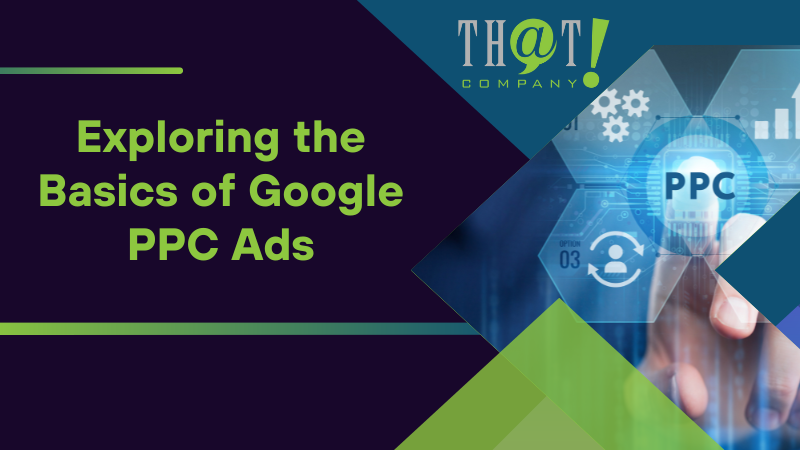
Exploring the Basics of Google PPC Ads
Embark on a journey through Google PPC ads, a crucial tool for businesses aiming to enhance visibility and attract targeted traffic. Pay-per-click marketing is about more than visibility; it focuses on reaching the right audience at the right time.
Google’s extensive reach and advanced targeting options allow you to place your brand directly in front of interested customers.
Understanding Pay Per Click Marketing
Pay-per-click marketing distinguishes itself in the digital arena, where visibility directly correlates with the level of engagement. Each click on your ad represents a user’s interest and your investment in capturing that interest. Pay per click, or PPC, is a model where you pay a fee each time your ad is clicked. Unlike broader search engine marketing, PPC focuses on paid search traffic, ensuring every dollar spent actively attracts potential customers.
PPC ads are the sprinters of online advertising—fast, focused, and finely tuned to race toward your targeted goals with each PPC ad.
The Role of Google Ads in PPC
Google Ads acts as the bedrock of PPC strategy, providing a platform with unmatched scope and flexibility. As the most popular search engine, Google becomes a gateway to a world of potential customers, with its ads appearing across:
- Search results
- Maps
- mobile apps
- videos
Whether you’re aiming for the top of the search results with a text ad or engaging users through a compelling video on YouTube, Google Ads has a format to fit your campaign’s needs and objectives.
How PPC Ads Appear on Search Engine Results Pages
When users type a query into Google’s search bar, they’re met with a mix of organic results and strategically placed PPC ads. Moreover, these ads occupy prime real estate at the top of the search engine results page (SERP), commanding attention before a single scroll. Additionally, the selection and ordering of these ads are not random; they result from an auction-style process that considers both the ad’s relevance to the search query and the bid amount placed by advertisers.
It’s a delicate balance of offering value to the user and value to the advertiser, ensuring that the ads displayed are as relevant as possible to the searcher’s intent.
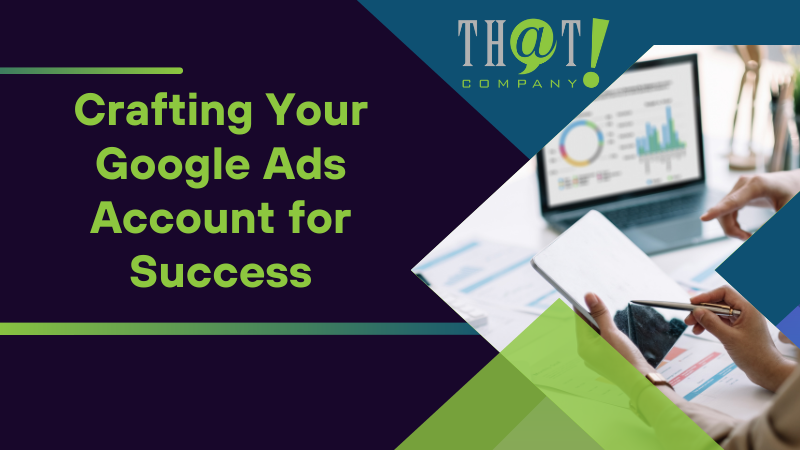
Crafting Your Google Ads Account for Success
Establishing a Google Ads account and efficiently organizing campaigns paves the way for enduring PPC triumph. From the moment you start your account to the ongoing management of your campaigns, every step should be taken with a strategic eye toward your business goals and the competitive digital marketplace.
Starting with a Strong Foundation: Account Setup
The initial stride in your PPC adventure involves setting up your Google Ads account. This process is straightforward, requiring an email, a password creation, and some basic business information. Once signed in, you will provide your business name and website—a simple yet crucial step in linking your online presence to your advertising efforts.
Structuring Campaigns and Ad Groups for Maximum Impact
The structure of your Google Ads account significantly influences its performance. Campaigns must be organized to mirror your company’s offerings, allowing for targeted and effective advertising that speaks directly to the needs of your audience. Within these campaigns, ad groups are the building blocks that contain a set of related keywords and ads.
Structuring these groups thoughtfully ensures that your ads are triggered by the most relevant searches, optimizing your chances of connecting with potential customers.

The Mechanics of Google Search Ads
Grasping Google’s ad auction procedure and bidding tactics equates to mastering the game’s rules. With this knowledge, you can play to win by optimizing your ad spend and improving your ad’s chance of being seen by the right audience.
Decoding the Ad Auction Process
The ad auction is the heartbeat of Google Search Ads, determining not only which ads are shown but also their order of appearance. Ad Rank, a combination of your bid amount and Quality Score, is the deciding factor in this process. A strong Quality Score, indicating a high level of ad relevance and landing page quality, can lead to a superior ad position and, paradoxically, a lower cost.
It’s a clear message from Google: prioritize user experience, and the rewards will follow.
Strategies for Winning Bids and Optimizing Ad Spend
Winning in the ad auction isn’t just about having the highest bid; it’s about smart bidding. Manual CPC bidding gives you control over your bids at the keyword or ad group level, while enhanced CPC (ECPC) pushes those bids further to optimize for conversions.
The first month of your PPC campaign is crucial; this is when you should be most attentive, analyzing, and fine-tuning your approach to ensure you’re getting the best possible return on your investment. And let’s not forget the power of negative keywords in refining your ad targeting, a strategy that can significantly increase click-through and conversion rates by avoiding irrelevant searches.

Keyword Mastery in PPC Advertising
The foundation of a triumphant PPC campaign lies in meticulous keyword research and selection. In fact, keywords are the connectors, the terms that align a user’s search intent with your ad. Therefore, mastering this element of PPC is essential for driving campaign success and ensuring your ads resonate with your intended audience.
Building a Robust Keyword List
Your keyword list is your map to the marketplace. It should be comprehensive, reflecting high-volume searches relevant to your industry. Tools like the Keyword Magic Tool simplify this process, offering keyword suggestions to expand your list and align it with user search patterns.
The correct use of keyword match types further sharpens your campaign’s focus, ensuring your ads appear for searches that are most likely to convert.
Utilizing Negative Keywords
While the right keywords can attract your target audience, negative keywords ensure you don’t waste spend on irrelevant clicks. By analyzing search query performance reports and using keyword tools, you can identify and exclude terms that don’t match your offerings. This proactive approach to keyword management enhances your campaign’s efficiency and ensures your ad spend is focused on searches with genuine potential, driven by relevant keywords.
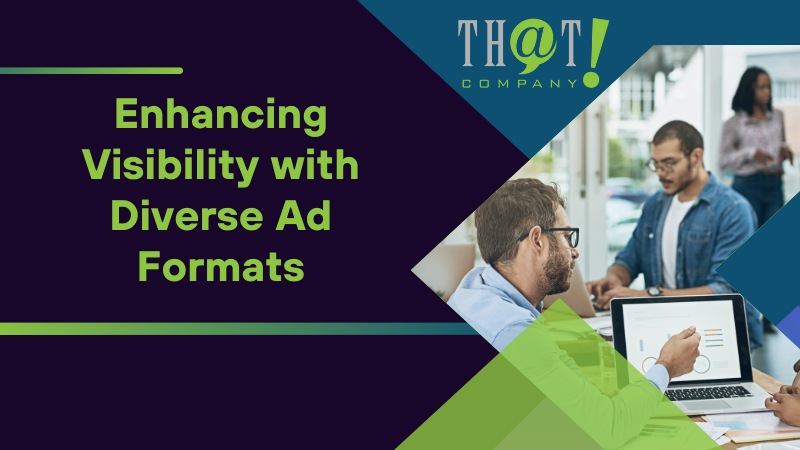
Enhancing Visibility with Diverse Ad Formats
In the sphere of Google Ads, variety equates to power. By exploring and utilizing different ad formats, you can increase your visibility and engage with your audience in various ways, each tailored to your specific advertising goals.
Search Engine Marketing with Text-Based Ads
Text-based ads are the cornerstone of search engine marketing, requiring clear and compelling calls to action to guide users toward conversion. These ads need to be tightly aligned with your targeted keywords and crafted in a way that speaks directly to the searcher’s intent.
Responsive search ads add another layer of flexibility, mixing and matching headlines and descriptions to find the perfect fit for a user’s query.
Engaging Users with Video Ads
Video ads offer a dynamic way to engage users, providing a rich, immersive experience that can capture attention and drive action. Platforms like YouTube offer various ad formats and targeting options, allowing you to purchase YouTube ads on a cost-per-view or cost-per-click basis, depending on your campaign goals.
The right video content can dramatically enhance engagement, making it a powerful tool in your advertising arsenal.
Showcasing Products through Shopping Ads
Shopping ads take the product directly to the consumer, offering a visual and informative snapshot of what you have to offer. Additionally, these ads are served based on the user’s search query, ensuring your products are shown to those with the intent to buy.”
By including comprehensive product details in your feed and utilizing targeting options like location and device, you can sharpen the focus of your Shopping ads and drive more qualified traffic to your site.

Conversion-Driven Landing Page Optimization
The path from click to conversion is vital, and the caliber of your landing page can significantly influence its success. Optimizing your landing pages for conversions means creating a seamless, user-friendly experience that aligns with the promise of your PPC ads.
Aligning Ad Copy with Landing Page Content
The transition from the ad to the landing page must be smooth and cohesive. Ensure messaging resonates with the user’s initial search intent. Consistency between ad copy and landing page content enhances the user experience significantly. This alignment signals search engines about your content’s relevance. Relevance can improve ad rankings and lead to higher conversion rates. Focusing on this transition is crucial for PPC success.
A/B Testing Landing Pages for Improved Performance
A/B testing is the compass that guides you to the most effective landing page design and content. Specifically, experimenting with headlines, images, and CTAs provides valuable data on what resonates with your audience and motivates them to act. Ultimately, continuous improvement is vital for maximizing conversions and ensuring your PPC campaigns consistently perform at their best.
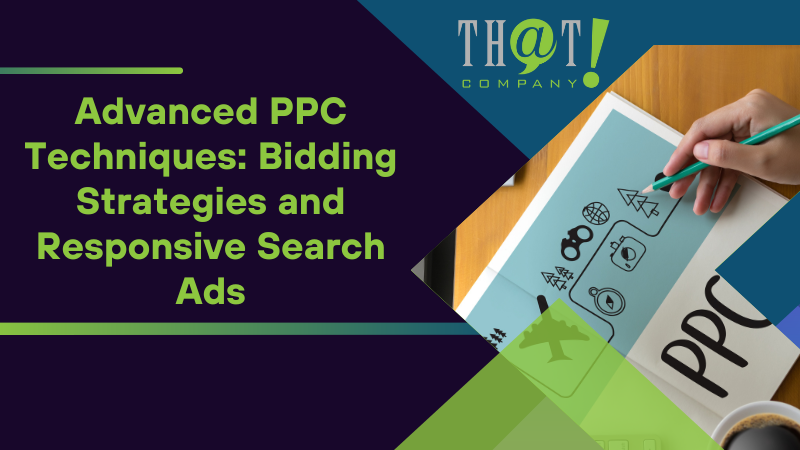
Advanced PPC Techniques: Bidding Strategies and Responsive Search Ads
To truly excel in PPC, it’s crucial to adopt advanced tactics that can elevate your campaigns. These include sophisticated bidding strategies and the use of responsive search ads, which adapt to the user’s intent and preferences.
Selecting the Right Bidding Strategy
Choosing the right bidding strategy can significantly impact the performance of your PPC campaigns. Whether using smart bidding with Google’s AI or CPA bidding to link spend to acquisition, align your strategy with campaign goals.
It’s also important to have enough performance data to make informed decisions when implementing these strategies.
The Power of Responsive Search Ads
Responsive search ads represent the evolution of PPC, offering a dynamic ad format that tests different headline and description combinations to find the most effective messaging for your audience. With paid search ads, businesses can further enhance their online presence and drive more targeted traffic to their websites.
By creating ads that can adapt to a user’s search query, you increase the relevance of your ads, which can lead to better performance and higher conversion rates.
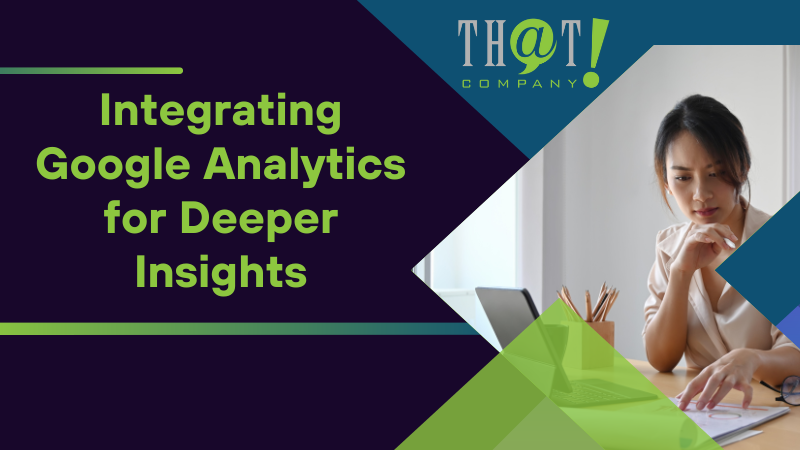
Integrating Google Analytics for Deeper Insights
Merging Google Analytics with Google Ads equates to wearing a pair of spectacles that highlight the whole customer journey. Combining the data from both platforms gives you a deeper understanding of user behavior and campaign performance, allowing for more nuanced and effective optimization strategies.
Setting Up Conversion Tracking
Conversion tracking is the pulse of PPC, providing the data needed to understand the effectiveness of your campaigns. Linking Google Analytics with Google Ads is a critical step in achieving this, as it allows for a detailed analysis of user behavior from the moment they click on your ad to the point of conversion.
This integration gives you the full picture, enabling you to optimize your campaigns for maximum impact.
Analyzing PPC Data for Continuous Improvement
Google Analytics data offers invaluable insights that can drive continuous improvements in your PPC campaigns. Furthermore, importing goals, transactions, and engagement metrics into Google Ads helps refine strategies to maximize the return on your ad spend. This ongoing process of data analysis and optimization is what separates successful campaigns from the rest.

The PPC Agency That Other PPC Agencies Use
Even in PPC management, agencies seek reliable partners to enhance their campaign performance. As a white label digital marketing agency, That! Company stands as ‘The PPC Agency That Other PPC Agencies Use,’ offering a level of expertise and confidentiality that sets them apart in the industry.
Advantages of White Label PPC with That! Company
White label PPC is a game-changer for agencies looking to scale their services without the overhead of additional staff or the need for extensive in-house expertise. By partnering with That! Company, agencies can extend their capabilities to meet client demand while maintaining their brand integrity. This approach offers the dual benefits of leveraging That! Company’s specialized PPC expertise and avoiding the considerable costs associated with developing and maintaining such expertise internally.
It’s a strategic move that allows agencies to streamline operations, increase customer satisfaction, and ultimately solidify client relationships.
Partnering with That! Company for PPC Excellence
Embarking on a partnership with That! Company offers the following benefits:
- Consistent, high-quality PPC services for your clients
- Assurance that your PPC campaigns are in capable hands
- Skilled professionals who use cutting-edge tools to deliver results
- A premier white label PPC provider
- A partnership that prioritizes your growth and success
To get started with That! Company, simply schedule a meeting and explore the benefits of this partnership.
It’s a collaborative effort where the results speak for themselves—driving ROI and fostering long-term agency-client relationships.

Summary
Navigating the world of Google PPC advertising is a journey of strategic planning, execution, and continuous optimization. To begin with, master PPC basics, utilize advanced bidding strategies, and integrate analytics to refine your approach, boosting ROI at every step. Aligning PPC strategy components—account setup, campaign structure, keyword choices, ad formats, and landing pages—with business goals and audience needs is essential.
In this fast-paced digital landscape, agencies have a secret weapon: white label PPC partners like That! Company, that offers the expertise and resources needed to drive success without compromising brand integrity. By entrusting your PPC campaigns to ‘The PPC Agency That Other PPC Agencies Use,’ you gain a competitive edge, ensuring that your advertising efforts are as effective and impactful as possible.

Frequently Asked Questions
What makes PPC advertising a valuable strategy for businesses?
PPC advertising is valuable for businesses because it provides immediate visibility; thus, it effectively targets audiences searching for their products.
How can Google Analytics enhance my PPC campaigns?
Using Google Analytics for your PPC campaigns can provide valuable insights into user behavior and ad effectiveness, helping you make data-driven decisions to improve campaign performance and ROI.
What are the benefits of using white label PPC services like That! Company?
Utilizing white label PPC services such as That! Company provides agencies with scalability, cost-efficiency, and specialized expertise, allowing them to maintain their brand identity while offering high-quality PPC management to clients.
How can I ensure my PPC ads are reaching the right audience?
To ensure your PPC ads are reaching the right audience, conduct thorough keyword research, utilize negative keywords, and leverage Google’s targeting options to tailor your ads. This will help you reach the audience most likely to be interested in your offerings.
What should I consider when selecting a white label PPC partner?
When choosing a white label PPC partner, carefully evaluate their experience, service range, client confidentiality approach, and proven track record of success. Focus on these factors to ensure a successful partnership.

